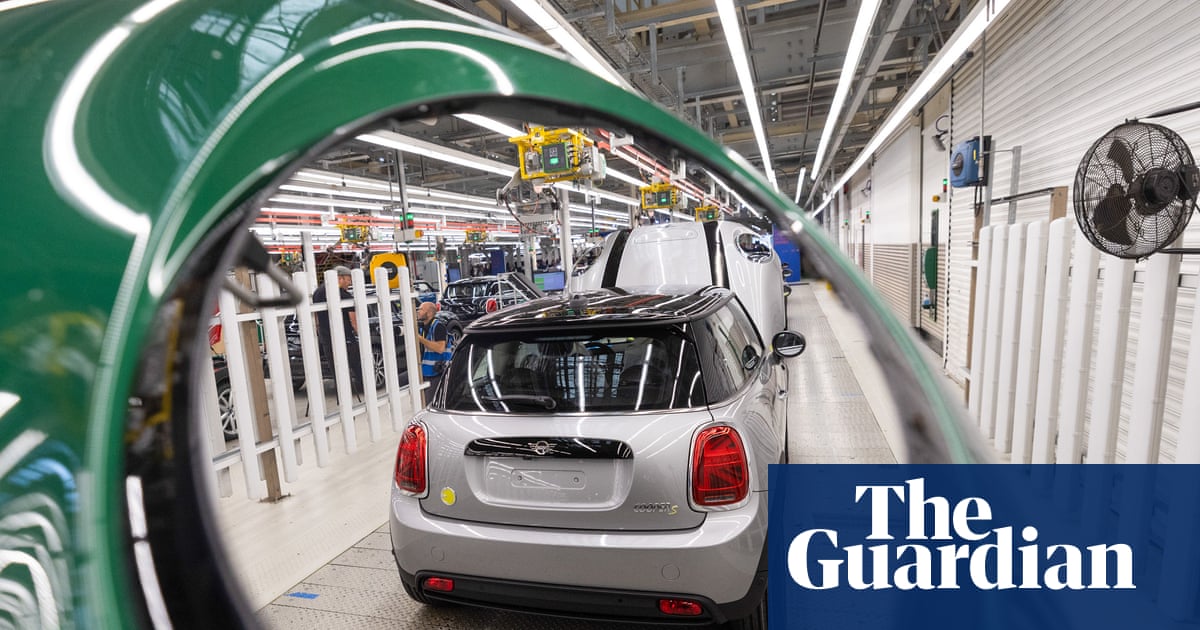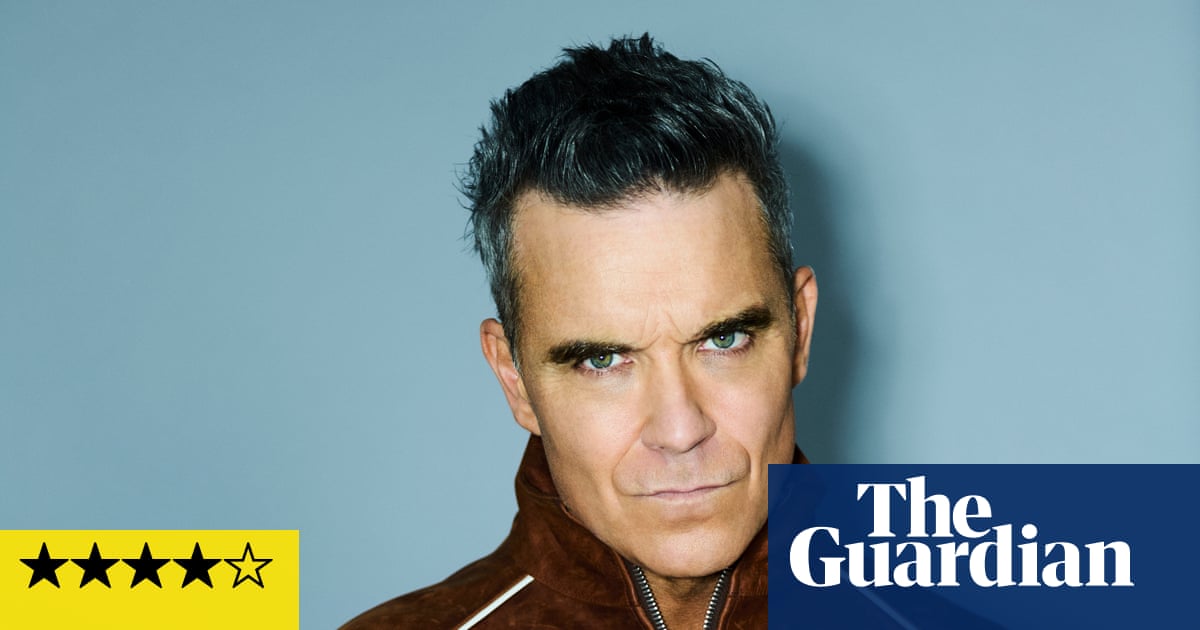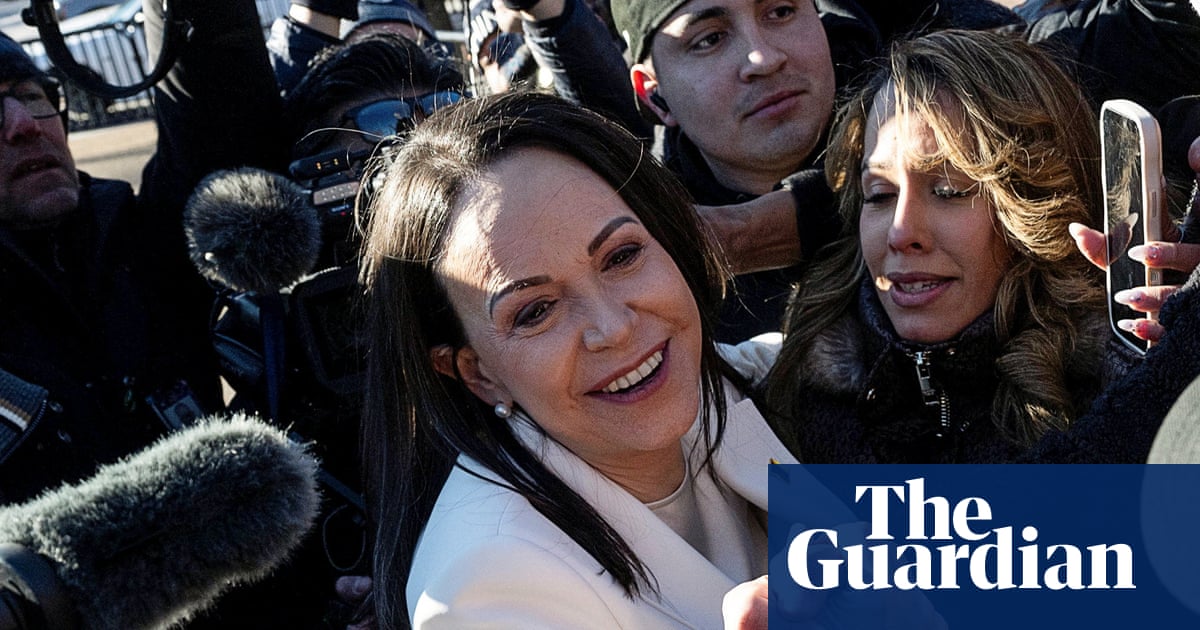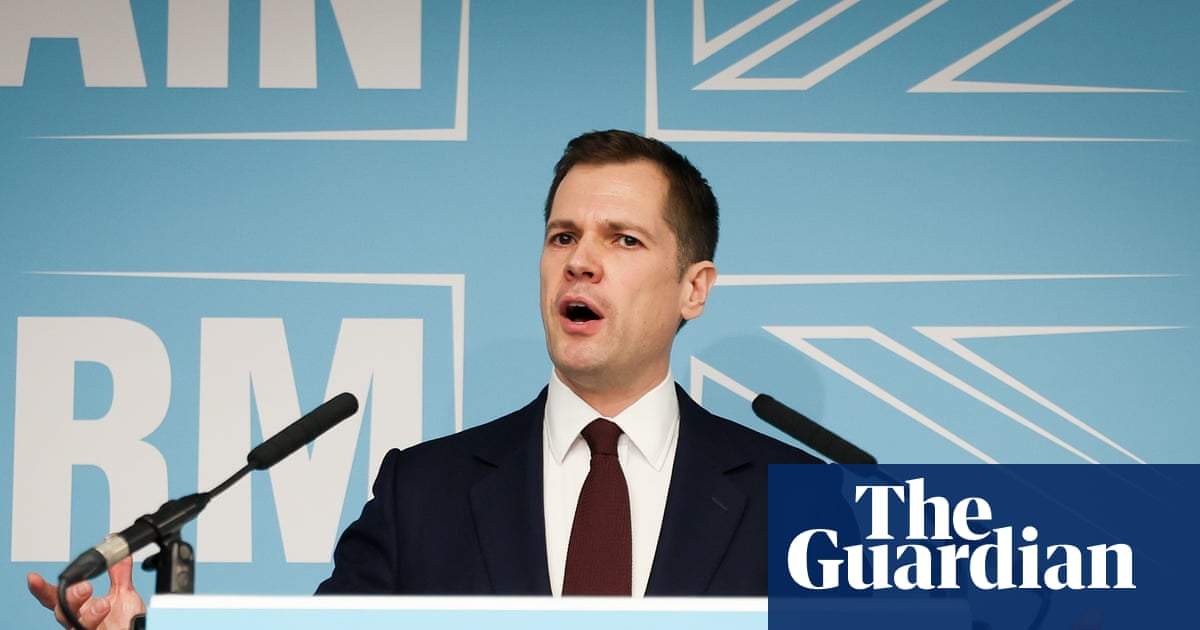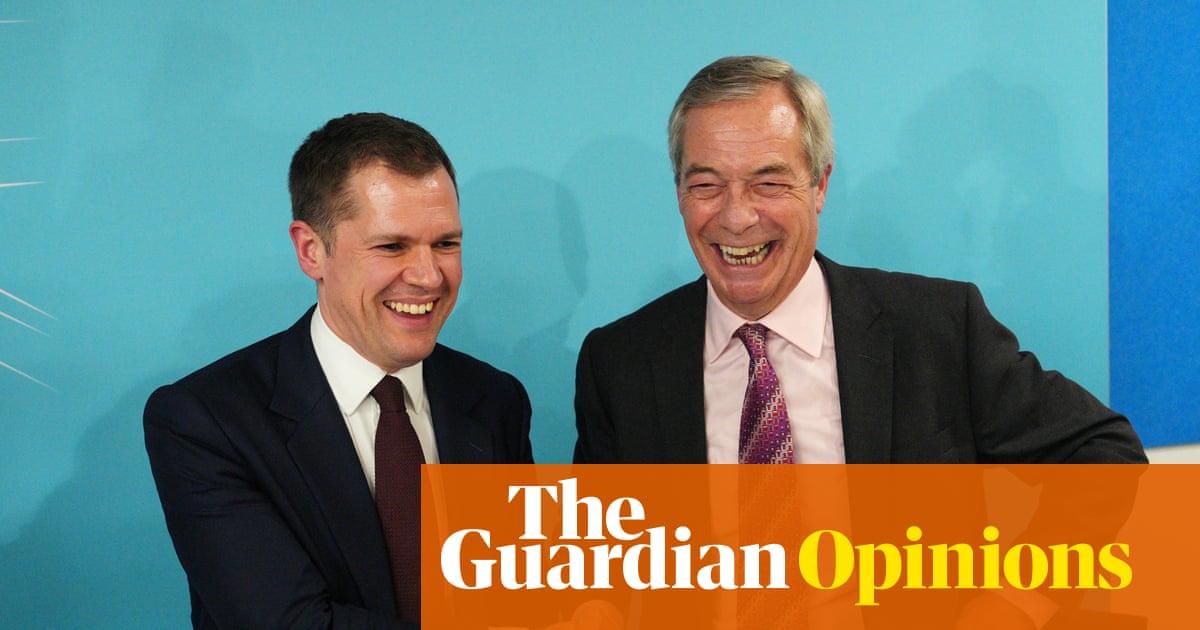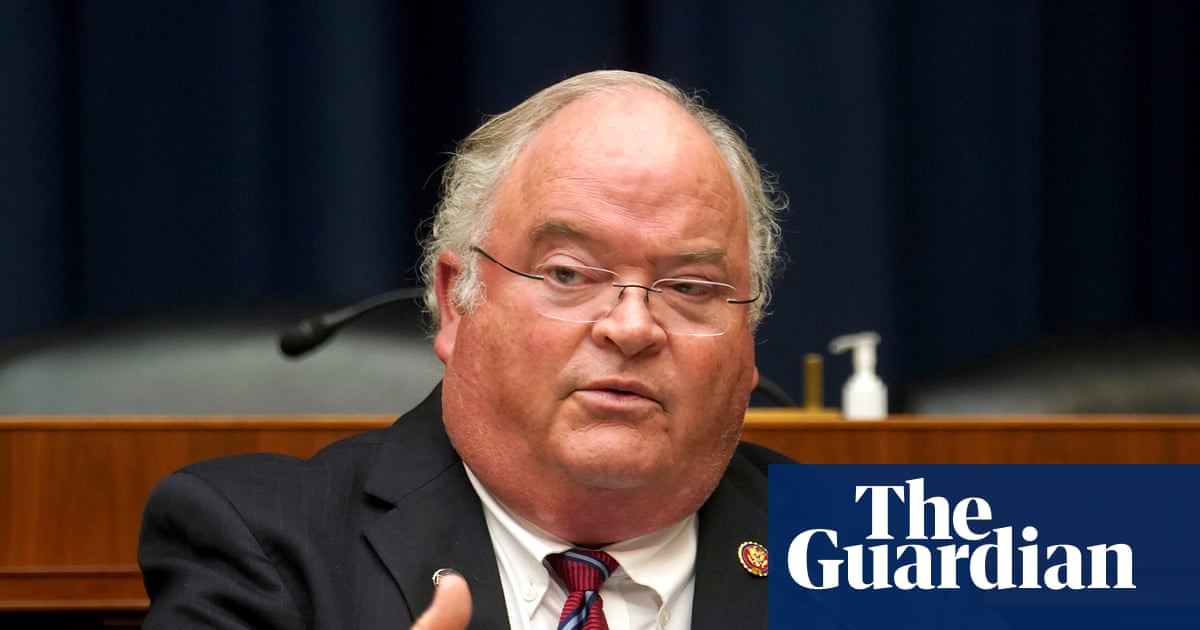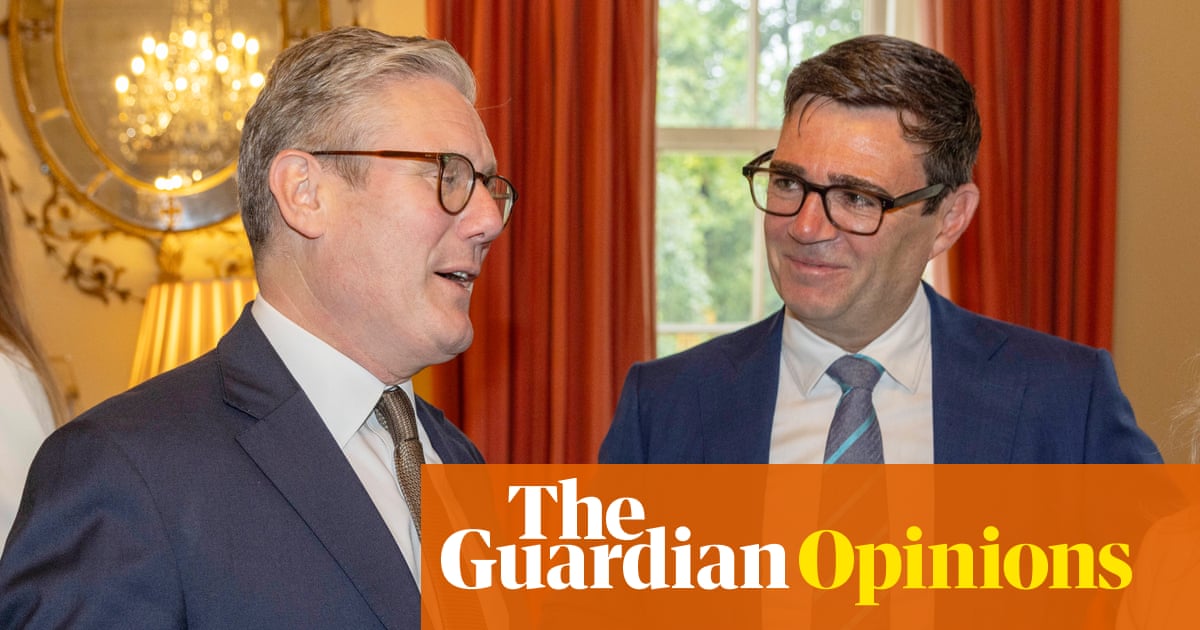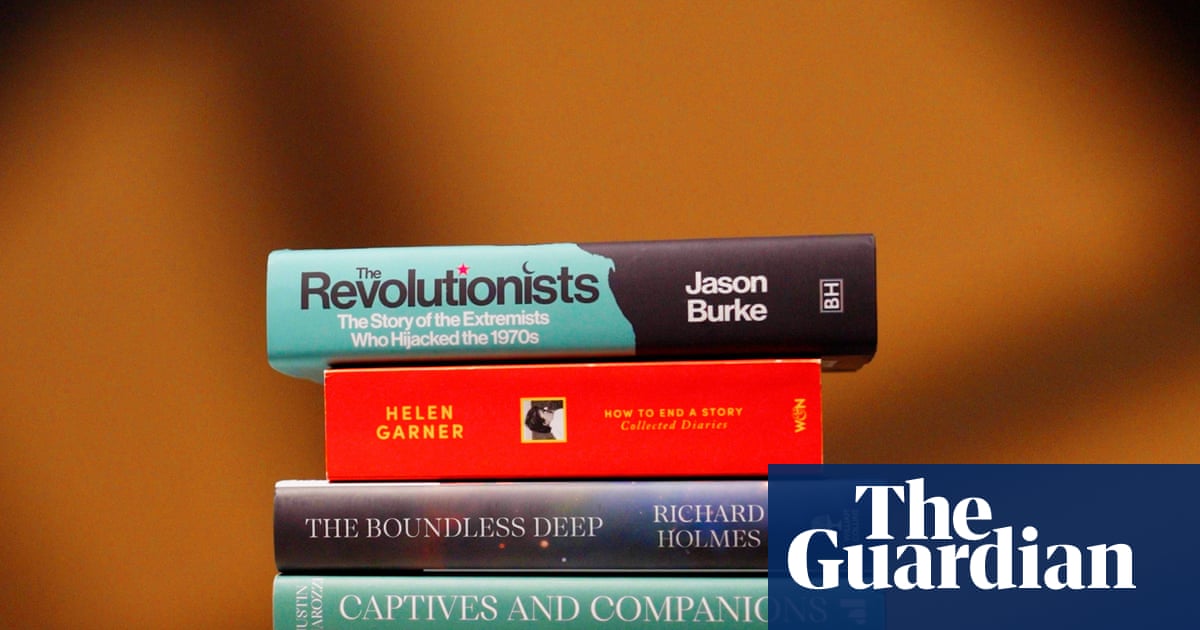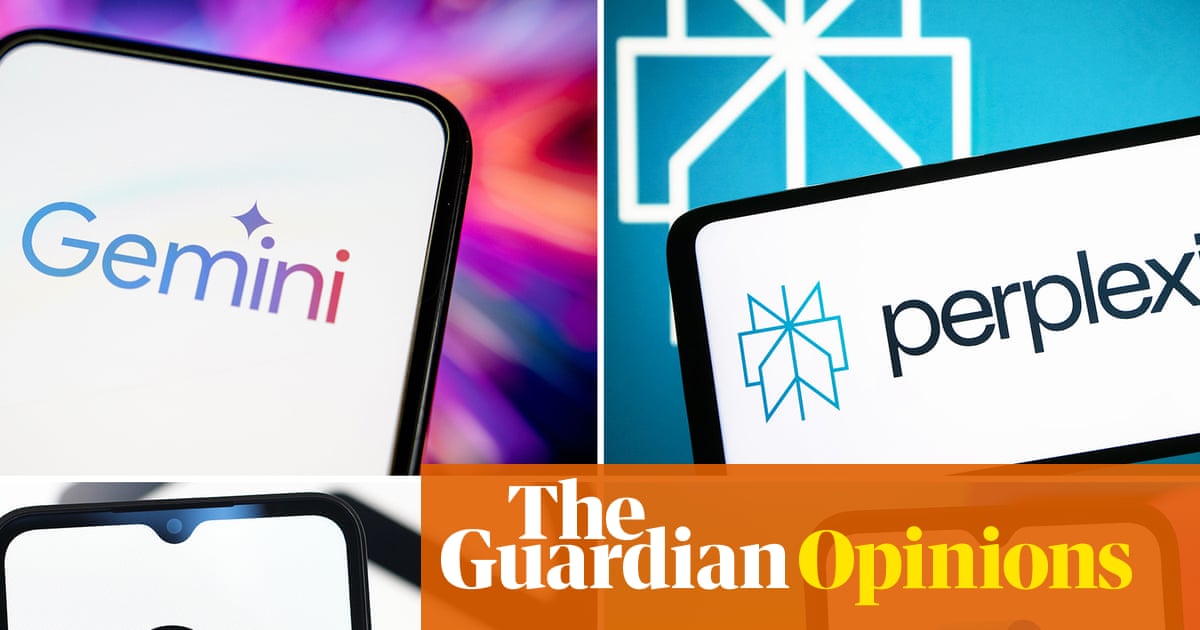Do a sum-of-the-parts analysis on ITV, City analysts have been saying for years, and you can come up with valuations way above the depressed share price. It’s just a question of someone making a decent offer for one of the two halves of the corporate entity – either ITV Studios, the production side that makes programmes such as Coronation Street, or the division that actually broadcasts the content and sells the advertising slots.
Now someone has turned up: Sky, which was bought by the US giant Comcast for £30bn in 2018, has made a £1.6bn approach for the broadcasting operation. ITV’s share price gained 16% on Friday but, at 78p, it still stands way below some of the misty-eyed theoretical valuations. Why?
There’s the obvious fact that nothing is agreed yet. But there are three more basic factors. First, a £1.6bn price tag doesn’t look much for a broadcast division that, despite intensifying competition from Netflix, Disney, YouTube and others, still made topline operating profits of £250m last year. The Studios operation is undoubtedly the growing and more valuable part of ITV. But is £1.6bn really the most the broadcasting unit could fetch?
Second, the competition regulator – even when under orders from government to be “pro-growth” – will have a field day with a deal that would put the UK’s dominant free-to-air commercial broadcaster under the same corporate roof as the leading payTV outfit in the UK.
Third, the pure politics of US ownership. There’s little point playing up Sky’s UK origins and pushing the notion that a deal would be the birth of new UK champion. Sky’s identity is becoming harder to spot under Comcast’s ownership: its financial performance isn’t even separated within the US parent’s accounts.
On price, nobody doubts ITV is operating in a tough market. Aside from the intense competition for eyeballs, advertising income is tied to the health of the UK economy. Total advertising revenues are expected to fall 6% this year, ITV said this week.
On the other hand, the broadcasting division has defied for a decade gloomy predictions that revenues will fall off a cliff. Old-fashioned linear TV remains the only way for advertisers to reach a mass broadcast audience, a point ITV usually likes to champion itself. Big sporting events – think World Cups in football and rugby – still produce enormous live audiences. In principle, an operation still regularly achieving 10% operating margins ought to fetch at least the value of its annual revenues of £2bn-ish.
Regulatory and political hurdles look immense. ITV and Sky/Comcast can argue that the media world is transformed from a generation ago, when it was deemed unacceptable for the satellite broadcaster, then under the control of the Murdoch family, to own a significant share in ITV. Up to a point, that’s true: the game is different. Google and Facebook now soak up huge quantities of UK advertisers’ pounds, so one can have some sympathy with the argument that a UK commercial broadcaster can’t ignore international consolidation.
Yet ITV still bestrides the TV-only part of the UK advertising market and a combo with Sky would only increase that dominance. Then there’s the potential threat to media plurality. Comcast’s 10-year commitment to loss-making Sky News, made at the time of the takeover, expires in 2028. Would it sustain the operation if it is also running ITV’s news service?
after newsletter promotion
How about ITV’s regional roots, still (just about) identifiable? A new owner would have the same public service obligations, covering original UK content, including from outside of London. But, one can speculate, the requirements are easier to enforce when the ultimate bosses are sitting in Shepherd’s Bush, as opposed to running a $100bn (£76bn) media empire out of Philadelphia. ITV, for all the expansion of the Studios side into making programmes globally, remains part of the British cultural landscape.
None of which is to dispute chief executive Carolyn McCall’s instinct to seek a deal. In her eight years at the helm, she has cut costs, expanded Studios, launched the ITVX streaming service and is seen as getting the big calls correct. But the share price remains becalmed and a deal of some sort is seen as the way to shift the valuation dial. It’s just not obvious that Sky/Comcast is the right one.

 2 months ago
82
2 months ago
82

